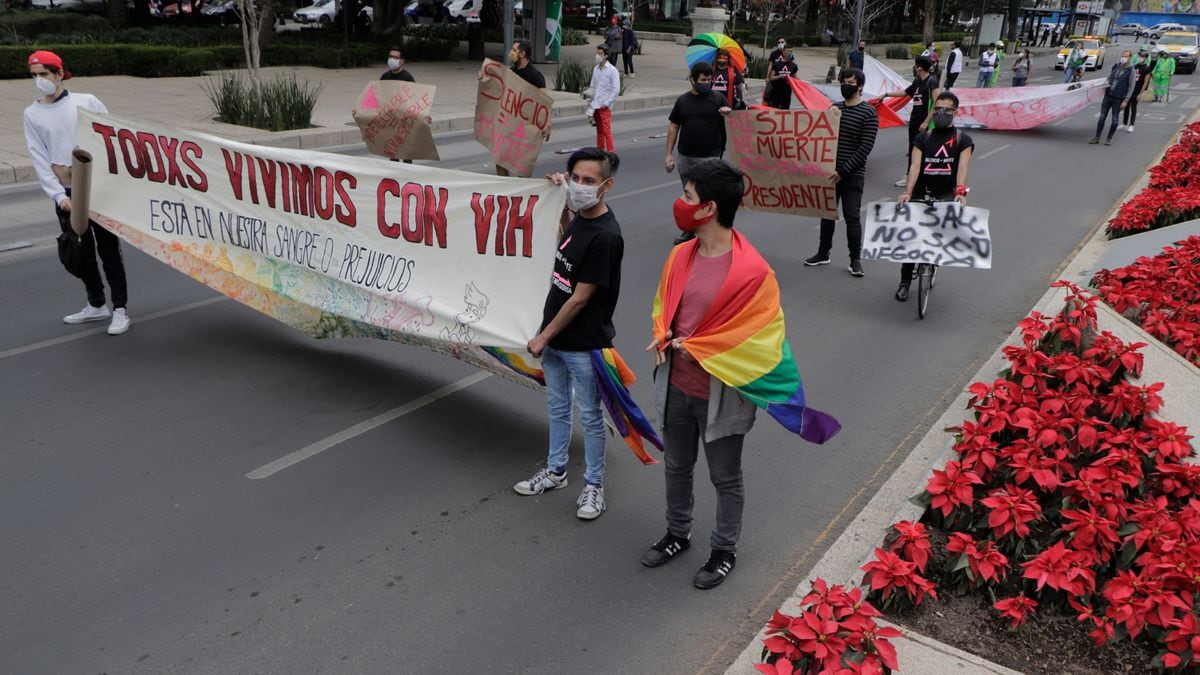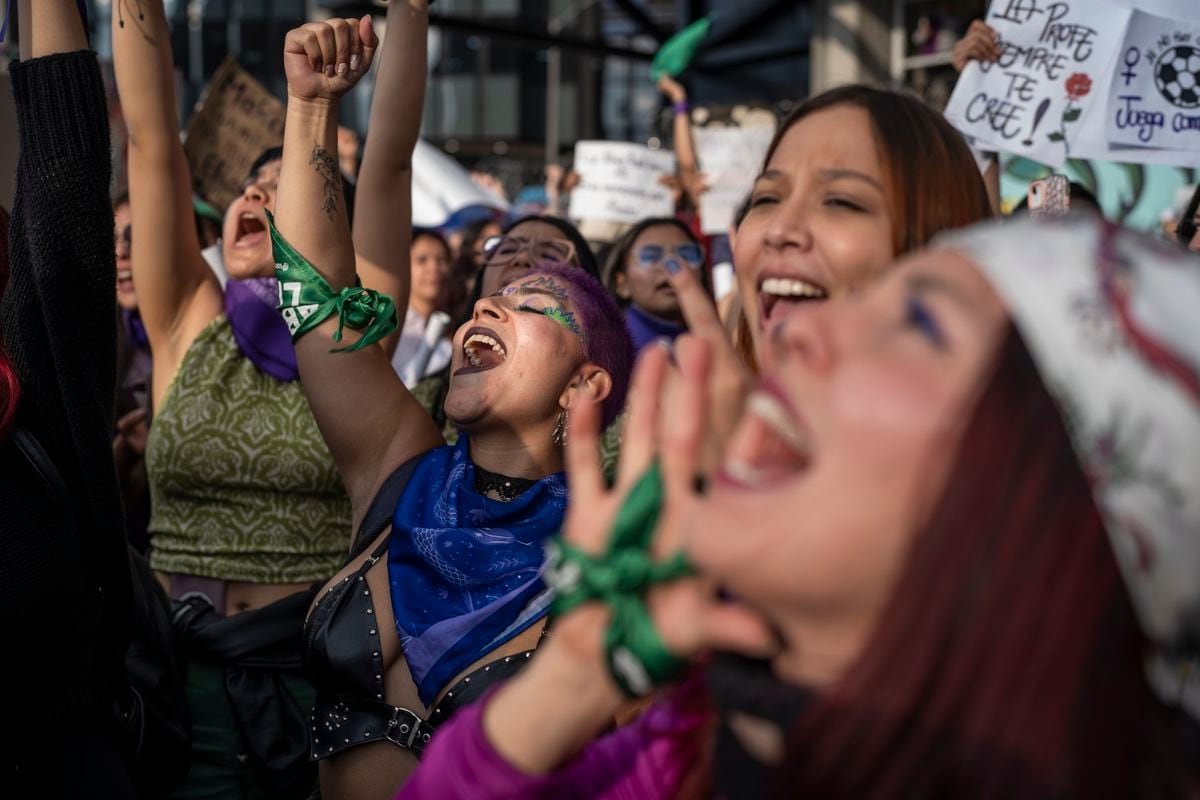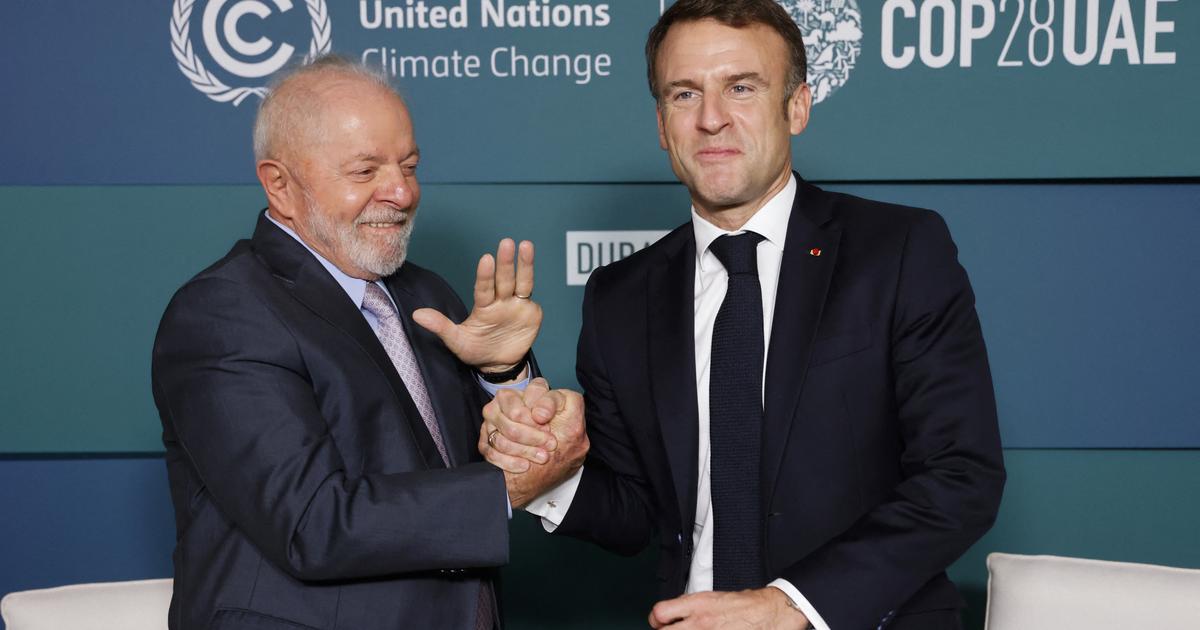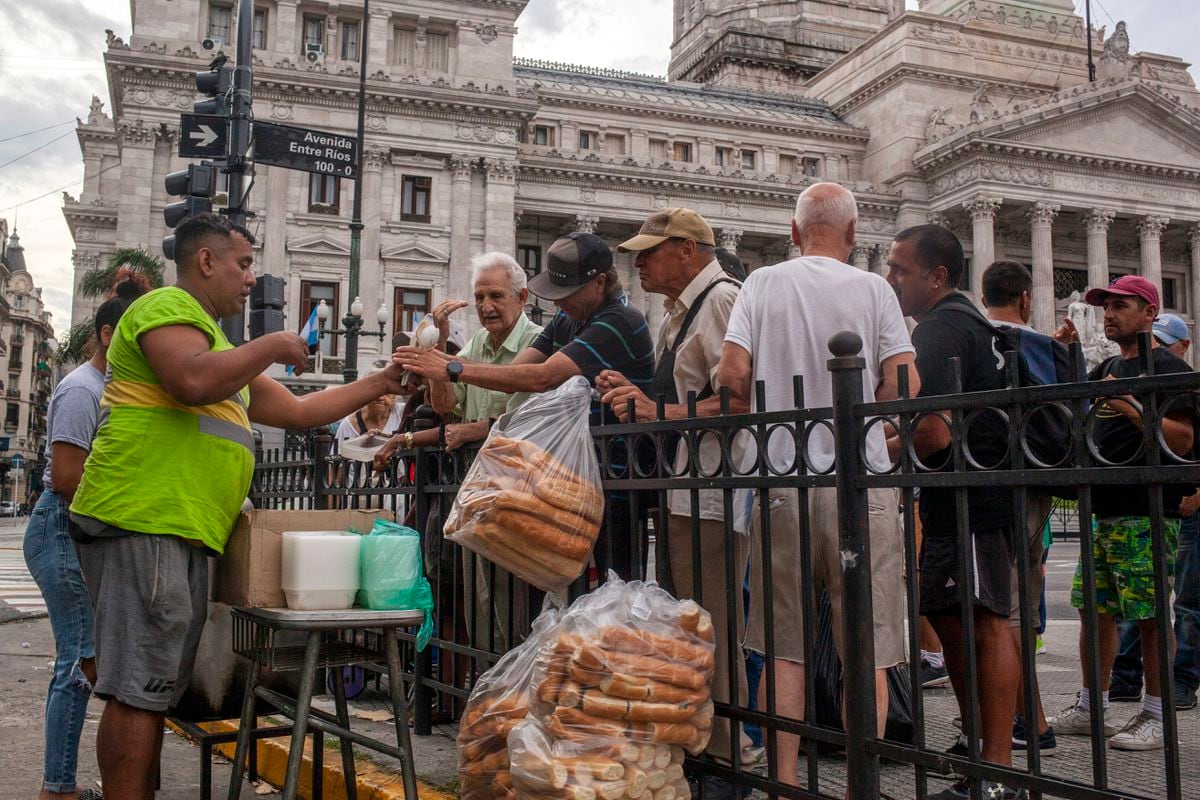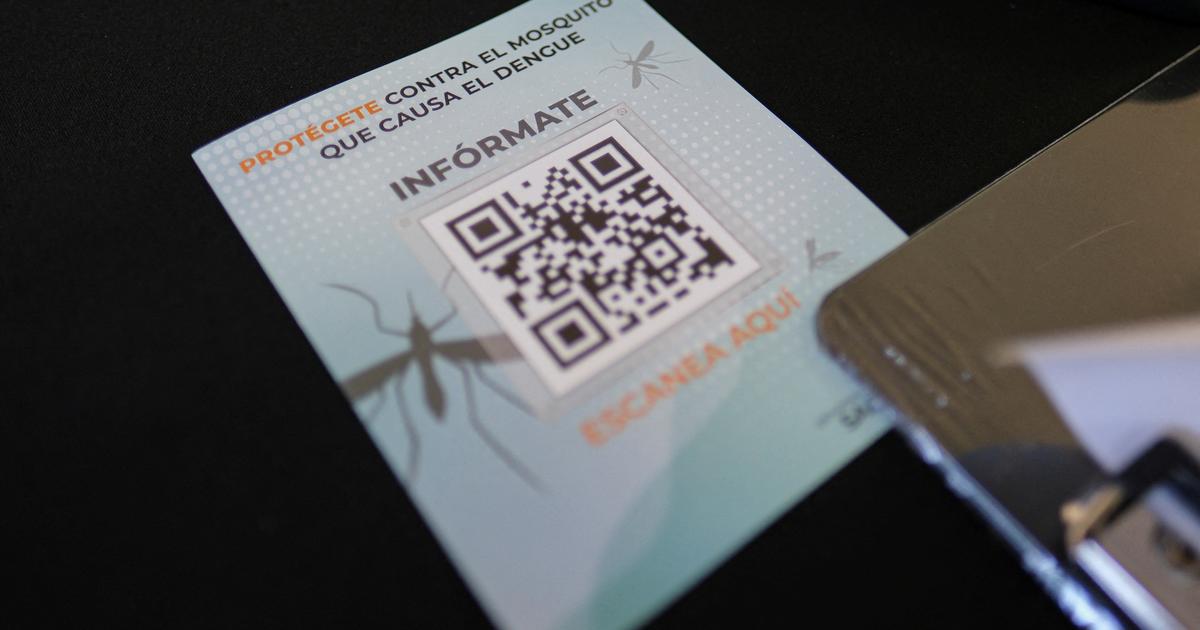While the global trend is going down, new HIV infections in Latin America continue to rise.
In the last decade, cases in the region have risen 5% to reach 2.2 million people infected in 2021, according to the latest annual report of the United Nations Agency to fight HIV, Onusida, published this Wednesday.
For Luisa Cabal, director of the agency in Latin America, this "alarming increase" in infections is largely due to a "prevention crisis" in the region.
“There has been complacency.
If you talked about HIV, they told you: 'That epidemic is from the past,'” she lamented.
Now the data points to an urgent need to “take back the reins” against the spread of HIV.
The UN report, entitled
Endangered
, does not provide good news either about the situation of the AIDS pandemic at a global level.
The crises unleashed by the war in Ukraine and covid-19 have impacted public health budgets and caused progress against HIV to stall: last year there were around 1.5 million new infections worldwide. the world, 3.6% less than in the previous period, which means the smallest annual decrease since 2016. Latin America is not the only region that fails in its battle to stop AIDS.
Eastern Europe, Central Asia, the Middle East and North Africa have also seen annual increases in the number of HIV infections in the last decade.
"We cannot forget the basics: access to condoms and sex education," says the UNAIDS regional leader, who criticizes the fact that in Latin America it has been "politicized that adolescents can access education about their bodies."
"We have to go back to the tools from when I was a teenager, many decades ago."
The data in the report supports it: one in three countries with increases in infections since 2015 is in Latin America and the Caribbean.
And, in a region in which 97% of the resources for the fight against AIDS come from the States themselves, the Latin American governments have an immense responsibility in the matter.
If the "complacency" of recent years continues, the scenario is not very encouraging.
“The projection is quite alarming.
We know that if we continue on this same trajectory, not preventing new infections, we are going to reverse an effort and investments of four decades”, says the expert.
This work achieved important milestones in the region, such as the drop in HIV-related deaths.
In 2021, some 29,000 people lost their lives to the virus, 28% fewer than a decade ago.
The achievement is due to an increasing coverage of antiretroviral treatment, although the gap has not been completely closed: in Latin America, 31% of people living with HIV still do not have access to these drugs, below the world average.
To the question of why this region is lagging behind in the fight against HIV, the answers are many and complex, but there is one that seems particularly important to the UN expert: marginalization and stigmatization in one of the most unequal on the planet.
Latin America has the highest number of hate crimes against LGBTI groups in the world and, between October 2020 and September 2021, more than 300 transgender women were murdered in the region.
"This epidemic of stigma and discrimination prevents us from paying the profits we have had in treatment," says the lawyer, specializing in HIV and sexual and reproductive rights.
In Latin America, the vast majority of the 110,000 new infections last year were among the most stigmatized populations, such as gay men, transgender women and sex workers.
Above all this hovers a "punitive environment" in the region.
Sex work is criminalized in some way in seven countries, including Argentina, Brazil and Peru.
And, what is more worrying to the expert, in nine countries adolescents are not allowed to access an HIV test without the consent of their parents.
“There is evidence that where there are these types of restrictions, there is a greater impact (of HIV) on adolescents,” she says.
However, it is not all bad news in the region.
The lawyer applauds the fact that Argentina approved earlier this month a comprehensive HIV response law that, for example, prohibits mandatory testing for HIV and other sexually transmitted diseases as part of pre-employment screening.
"This law opens a paradigm for other countries to follow," she celebrates.
Cabal also highlights the role of Brazil in access to prophylactic drugs that prevent the spread of HIV, which work like contraceptives for women. "If the courts and institutions eliminate barriers, protect rights and make investments more cost-effective I believe that we can eliminate AIDS by 2030 in the region”.
Otherwise, a forty-year effort to eradicate this pandemic would be thrown to the ground.
subscribe here
to the
newsletter
of EL PAÍS México and receive all the informative keys of the current affairs of this country

